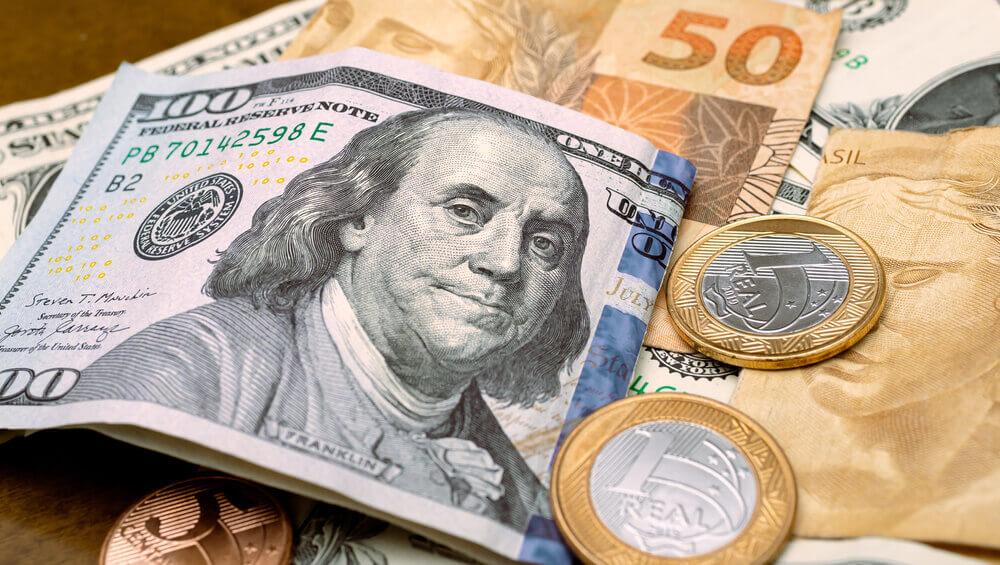
The Brazilian financial market started July impacted by a combination of international and domestic factors that continue to shape the strategies of investors, exporters, and importers. The week began with the dollar quoted at R$ 5.4610, up 0.51%, while the Ibovespa rose 0.50%, reaching 139,549 points — a direct reflection of global tensions and expectations surrounding U.S. monetary policy.
One of the key points of attention at the moment is the imminent end of a truce in the broad trade tariffs imposed by the United States. So far, only two trade agreements have been signed, while other negotiations remain ongoing. Recently, one of the partner countries suspended the implementation of a digital tax aimed at foreign companies, signaling an effort to keep talks on track and avoid new trade barriers.
These tensions in global trade not only affect the flow of goods but also directly influence currency movements and the attractiveness of emerging markets. In 2025, the U.S. dollar has fallen by approximately 12% against the Brazilian real. This movement has been supported by expectations of possible interest rate cuts in the U.S., especially if labor market data — such as this week’s upcoming payroll report — point to an economic slowdown.
This scenario has encouraged carry trade operations, where investors borrow in countries with lower interest rates and invest in economies with higher rates, like Brazil, seeking returns on the interest rate differential. This capital flow strengthens the real but can also increase market volatility.
Dollar Drop Boosts Imports
For foreign trade — especially for importing companies — the appreciation of the real brings a series of advantages. A lower dollar reduces the cost of imports, allowing for greater competitiveness in domestic pricing. Companies that depend on raw materials, industrial components, technology, and foreign equipment can optimize their cost structure, improve profit margins, and expand production capacity.
Additionally, the drop in the dollar can make previously expensive investments more viable. The acquisition of machines, software, medical or industrial equipment becomes more accessible, encouraging the modernization of production processes. This is especially relevant for sectors seeking automation or needing to meet global technological standards.
Another positive effect is greater budget predictability. With a more stable exchange rate and a lower dollar, companies can negotiate deadlines, volumes, and prices with international suppliers more securely. This reduces the need for emergency contract adjustments or frequent price revisions.
Challenges and Opportunities in Foreign Trade
Despite the benefits for imports, the stronger real poses a challenge for exporters, who now face tighter margins and reduced competitiveness in the international market. This highlights the need for currency hedging strategies and price adjustments abroad.
The Ibovespa has fluctuated in response to global monetary policy expectations and ongoing trade negotiations. The appreciation of the real and the possibility of lower interest rates in the U.S. have supported foreign capital inflows, boosting the index — although unexpected events could reverse this movement quickly.
For Brazil, the moment calls for attention and strategy. While exporters adjust their margins, importers find a more favorable environment to negotiate, expand inventories, and plan with more predictability. In a context of global supply chain reassessment and economic realignment, foreign trade can be an important path to growth — as long as it is accompanied by risk management and continuous adaptation to global dynamics.
With F3 Import & Export, your company gains access to the best foreign trade opportunities for your business. Our team closely monitors changes in the international logistics landscape to offer tailored solutions with agility, efficiency, and competitiveness.
Get in touch with one of our consultants and discover how to transform the future of your business! Also, subscribe to our newsletter to receive relevant content that will help boost your company.
Phone: +55 (83) 3244-4946
WhatsApp: +55 (83) 98808-1052